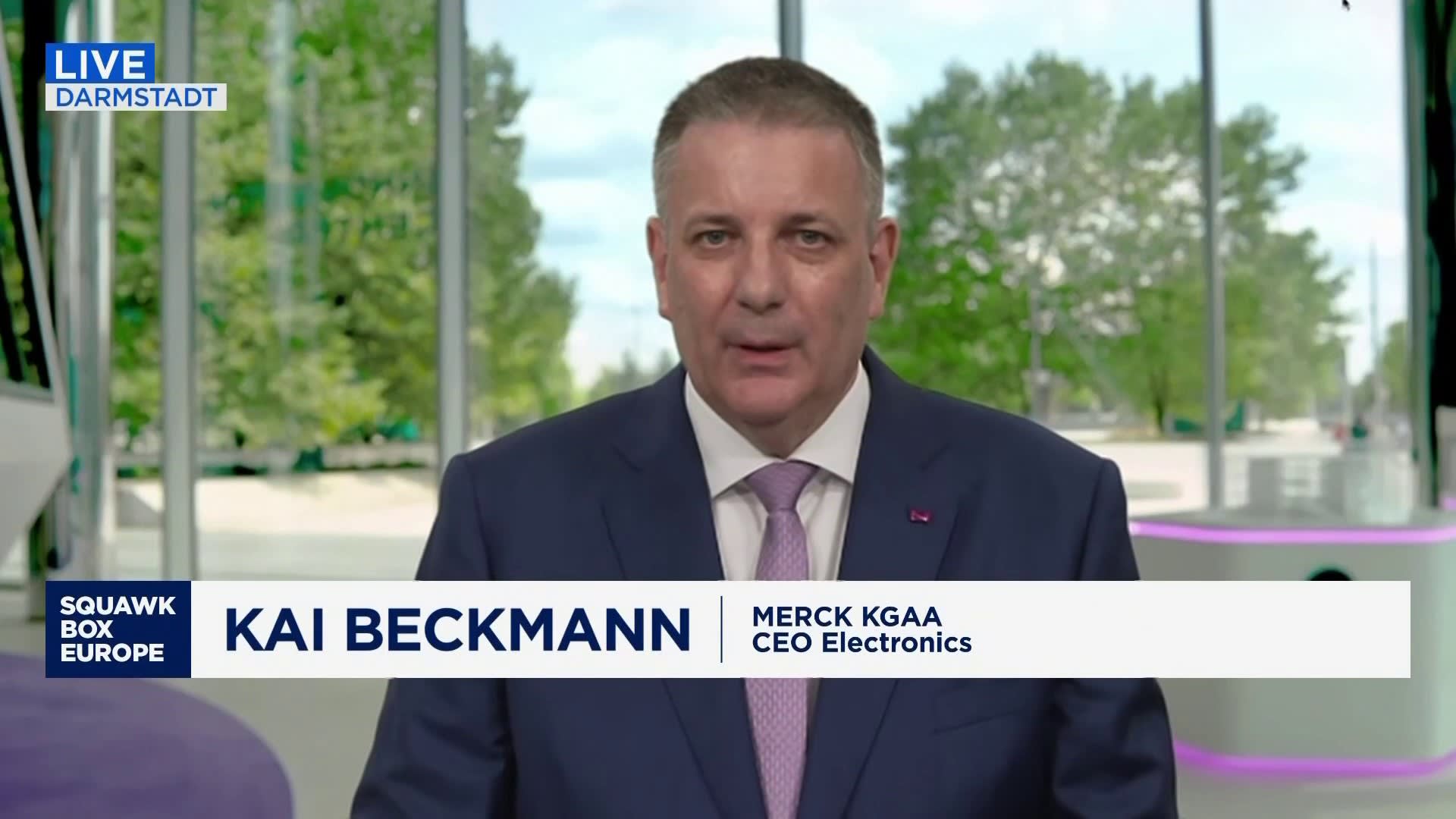According to a recent report by Merck KGaA, Europe is significantly falling behind in the race to secure artificial intelligence (AI) patents. The analysis reveals that the number of AI-specific patent applications from European countries has not kept pace with those from the United States and China, raising concerns about Europe’s position in the rapidly evolving tech landscape.
The findings underscore a troubling trend: in 2022, European applicants filed only 17% of the global total of AI patents. In contrast, the United States accounted for 38%, while China led with a commanding 45% of applications. This disparity highlights the urgent need for Europe to bolster its innovation strategies to remain competitive in the global market.
Impact on Innovation and Economy
The decline in AI patent applications is alarming for European businesses and the broader economy. Uwe Bartsch, head of the patent department at Merck KGaA, stated, “This gap in patent filings reflects a broader issue of innovation stagnation in Europe.” As AI technology continues to reshape industries, a strong patent portfolio is crucial for companies to secure funding, attract talent, and maintain a competitive edge.
According to the European Patent Office (EPO), AI-related inventions are among the fastest-growing technology fields. Yet, the EPO’s reports suggest that many European businesses are hesitant to invest in AI research and development. The lack of sufficient intellectual property protection may deter innovation, further widening the gap with leading nations like the United States and China.
Comparative Analysis and Future Outlook
In its examination, Merck KGaA compared the Global Innovation Index of various nations, which highlights the correlation between patent activity and economic growth. Countries that excel in patent filings tend to experience higher levels of investment in research and development, leading to advancements across numerous sectors.
Looking ahead, experts emphasize the need for European policymakers to create an environment conducive to innovation. Simplifying patent processes, providing financial incentives for AI research, and fostering collaborations between academia and industry could help close the current gap.
The urgency of this matter cannot be overstated. As the global economy increasingly relies on AI technologies, the ability of European nations to innovate and protect their inventions through patents will determine their future economic resilience.
